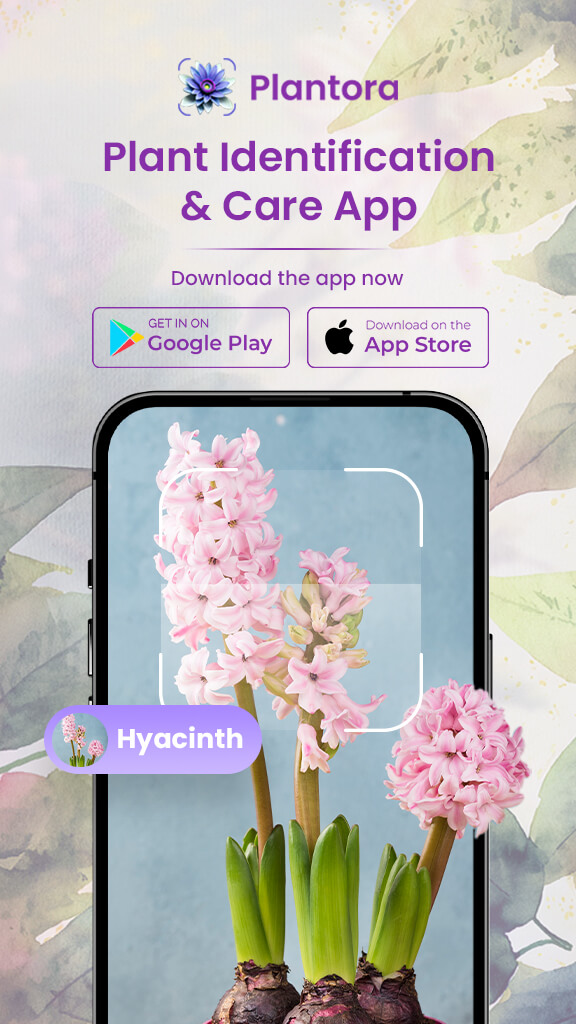
Plants absorb carbon dioxide and produce oxygen. Research has shown that houseplants can remove up to 87% of indoor air pollutants through their natural recycling of the air around them. Plants have the ability to absorb and consume various toxic substances like building materials, fabrics, paint, cosmetics and other common household items can pollute your air with benzene, formaldehyde and other chemicals. Those toxins can cause allergic reactions, sickness and fatigue in humans, because of this ability it can utilised as a medium for air purification in the room. Selection of plants at houses are based on aesthetic considerations, durability, and low maintenance costs. Most of the selected indoor plants are broad leaved.
Carnivorous Plants like Venus fly trap is notable for its unusual habit of catching and digesting insects and other small animals. Plants like Java Moss, Money Plants, Horn wort, Water Wisteria, Anacharis enhance water quality and help prevent algae growth by using nutrients produced by fish waste, uneaten food and organic debris in an aquarium. They produce oxygen during daylight hours, which is used by fish and helps stabilise pH.
The positive effects of indoor greening on human health, especially in urban environments where air quality is usually poorer due to increased sources of pollution, have already been proven . Especially for children growing up in the city, indoor plants enable them to discover and foster a relationship with nature.
Vertical greenery in confined spaces Improvement of air quality. The plants in a vertical garden filter particles from the air and convert carbon dioxide into oxygen, insulate the building, Reduce noise pollution and increase biodiversity. This method is suitable for use in wall greening and their robustness for indoor spaces. These plants perform best in terms of pollutant removal and thus contribute most to better indoor air and enhance the beauty of the area.
Indoor plants also provide a number of other benefits to the health and well being of occupants that appear to be independent of normal air quality considerations. Plant presence has resulted in substantially reduced illness and discomfort symptoms improvements in work performance and productivity .
Environmental psychologists suggest that the beneficial psychological effects of indoor plants are because living greenery in our immediate environment that relieves attention fatigue and tension and restores a feeling of calm and a small plant on a desk had the potential to reduce stress .
Some unique Indoor Plants that you can own are:











